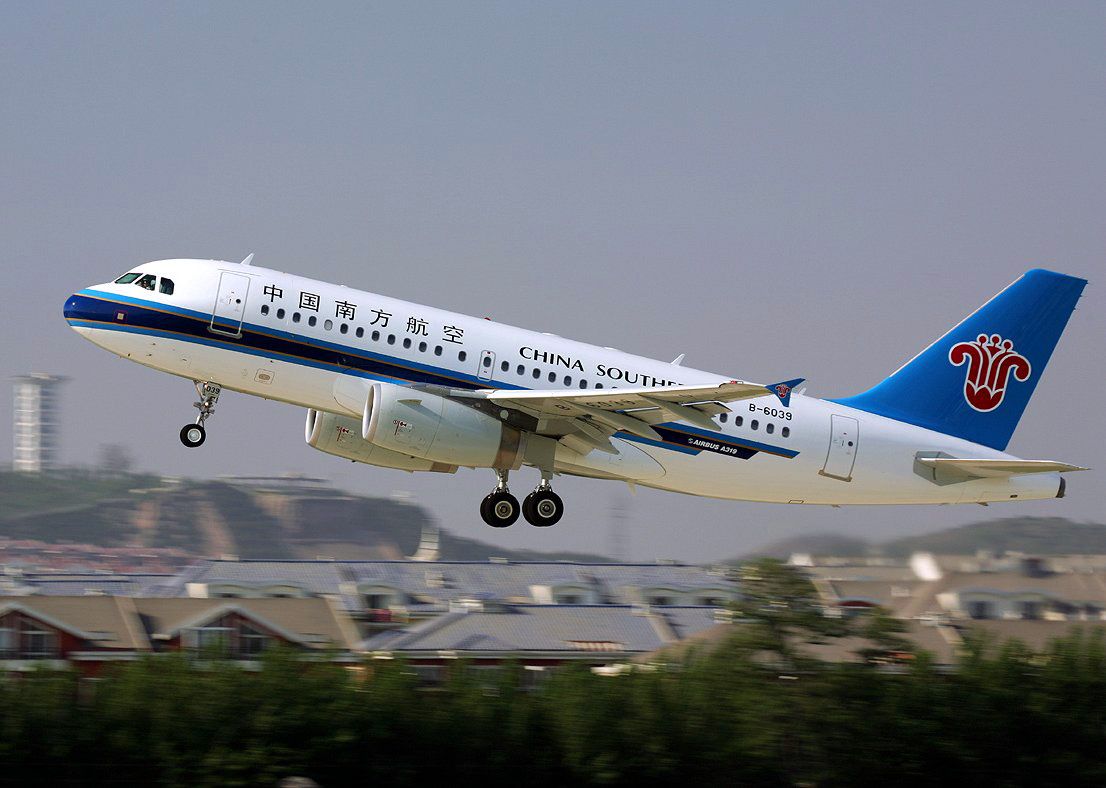
China is to scrap quarantine rules for international arrival and reopen its borders to the outside world from January 2023 as the country makes a dramatic shift in its approach to the COVID-19 pandemic.
Even as hospitals across China are reportedly buckling under the strain of Covid-positive patients, Beijing announced on Monday that COVID-19 would be downgraded from a Category A virus – the highest and most serious tier – to a Category B virus.
The National Health Commission said that the downgrade would result in most pandemic-era restrictions that have gripped China for the past three years being abandoned.
On the domestic front, China will remove powers from local authorities to quarantine large swathes of the population, Covid-positive residents and close contacts will no longer need to isolate and testing will become voluntary.
For travellers, China intends to drop all quarantine measures from January 8, 2023 for all visitors. Travellers will still need to obtain a negative PCR test within 48 hours of departure, but no further testing will be required after their arrival and travellers will be free to access all public venues immediately.
The National Health Commission also confirmed that it would no longer ban airlines for bringing passengers into China who go on to test positive for COVID-19. Passengers will, however, still be required to wear a face mask on flights to China.
“China’s novel coronavirus epidemic prevention and control is facing a new situation and new task, and the prevention and control work has entered a new stage,” the NHC said on Monday.
“COVID-19 will exist in nature for a long time, and its pathogenicity will be significantly reduced from the early stage, and the disease will gradually evolve into a common respiratory infectious disease,” the statement continued.
In recent days, China has effectively stopped counting new COVID-19 cases but some estimates suggest that more than 250 million people were infected with the virus in just 20 days.
With COVID restrictions being lifted so suddenly, ramping up air services to China could take some time and international carriers are unlikely to have the spare capacity to respond immediately with services to the country.
Related
Mateusz Maszczynski honed his skills as an international flight attendant at the most prominent airline in the Middle East and has been flying ever since... most recently for a well known European airline. Matt is passionate about the aviation industry and has become an expert in passenger experience and human-centric stories. Always keeping an ear close to the ground, Matt's industry insights, analysis and news coverage is frequently relied upon by some of the biggest names in journalism.







